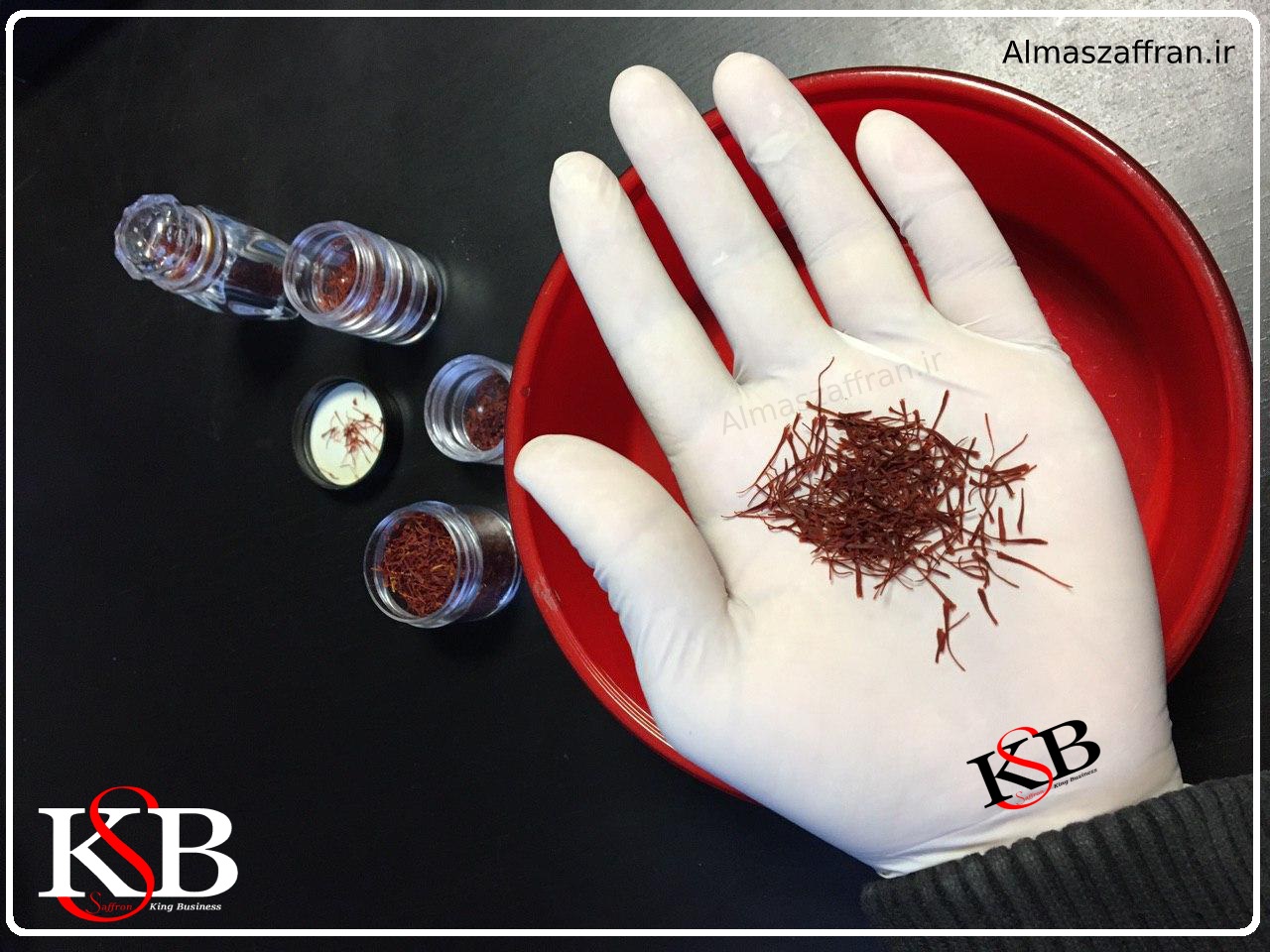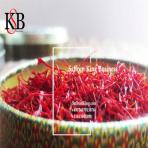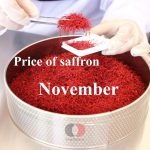Health Effects of Saffron
what you will read in this article...
Possible anti-cancer effectPossible improvement of mood and action against depressionA powerful antioxidant - Saffron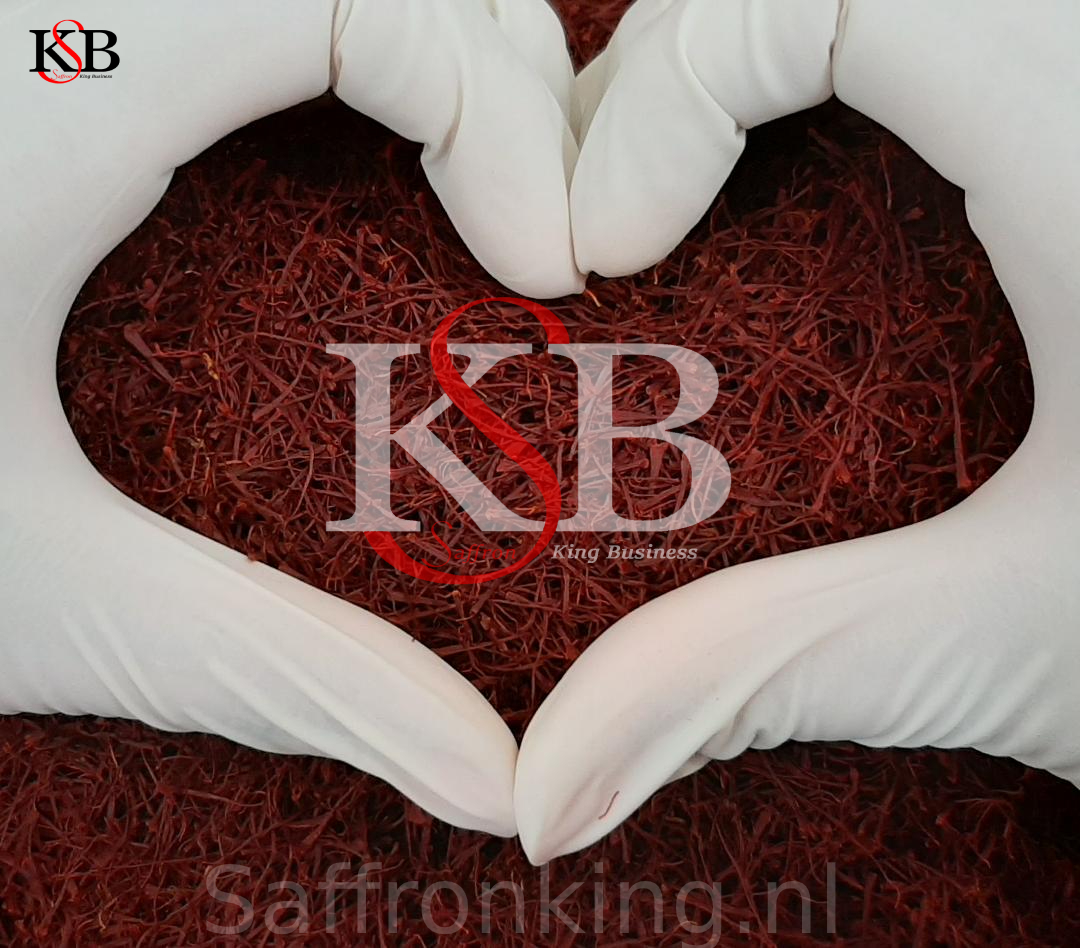
Saffron is the most expensive spice in the world: for 200 grams you pay between 250 and 300 euros.
The reason for the enormous price is that harvesting it is very labor intensive, which makes production very expensive.
Saffron is harvested by hand from the flower of the Crocus sativus, or the saffron crocus.
The term “saffron” refers to the thread-like structures in the flower, the so-called pistils. Originally it comes from Greece, where people were in awe of its medicinal properties.
Saffron was used to increase libido and to improve mood and memory.
Health Effects of Saffron , Possible anti cancer effect , antioxidant Saffron

Possible anti-cancer effect
Saffron contains many antioxidants, which can make free radicals harmless.
There are links between free radical damage and chronic diseases such as cancer.
In vitro studies show that the compounds in saffron can kill colon cancer cells and inhibit their growth, while leaving normal cells unaffected.
This effect is also true for skin, bone marrow, prostate, lung, breast and cervical cancers, as well as several other types of cancer cells.
Laboratory studies also show that crocin – the main antioxidant in saffron – appears to make cancer cells more sensitive to chemotherapy.
Although the findings from the laboratory studies seem promising, the effect of saffron on cancer has hardly been studied in humans;
Health Effects of Saffron , Possible anti cancer effect , antioxidant Saffron
Saffron is high in antioxidants, which can cause cancer cells to die while normal cells remain untouched.

Possible improvement of mood and action against depression
Saffron is also referred to as the “sunshine spice“.
That’s not only because of its distinctive color, but also because it can elevate the mood.
A review of five studies found that 30 mg of saffron per day was just as effective as fluoxetine, imipramine and citalopram – conventional antidepressants.
In addition, participants had fewer side effects compared to other treatments.
While these are promising findings, studies of longer duration and with more participants are needed before saffron can be recommended as a treatment for depression.
Saffron can counteract the symptoms of mild to moderate depression,
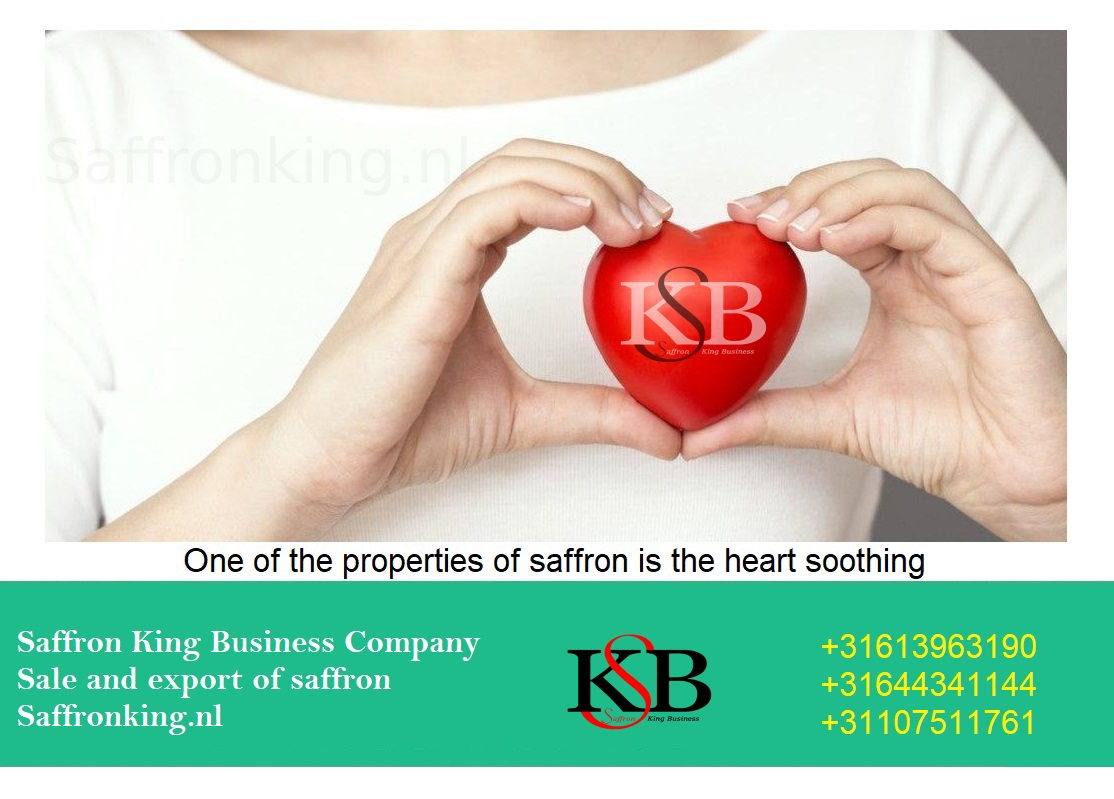
A powerful antioxidant – Saffron
Saffron contains an impressive array of plant compounds that act like antioxidants – molecules that protect your cells against free radicals and oxidative stress.
Important antioxidants in saffron include crocin, crocetin, safranal and kaempferol.
Crocin and crocetin are carotenoid pigments responsible for the orange-red color of saffron.
Both substances can act as an antidepressant; they may also protect brain cells from progressive damage, reduce inflammation and contribute to weight loss.
Safranal gives saffron its specific taste and aroma.
Research indicates that it can improve mood, learning and memory, as well as protecting brain cells from oxidative stress.
And finally, saffron contains kaempferol, which is found in the flower petals.
This substance has been associated with effects such as anti-inflammatory, anti-cancer and anti-depression properties.
Saffron is full of plant compounds with an antioxidant effect, such as crocin, crocetin, safranal and kaempferol.
